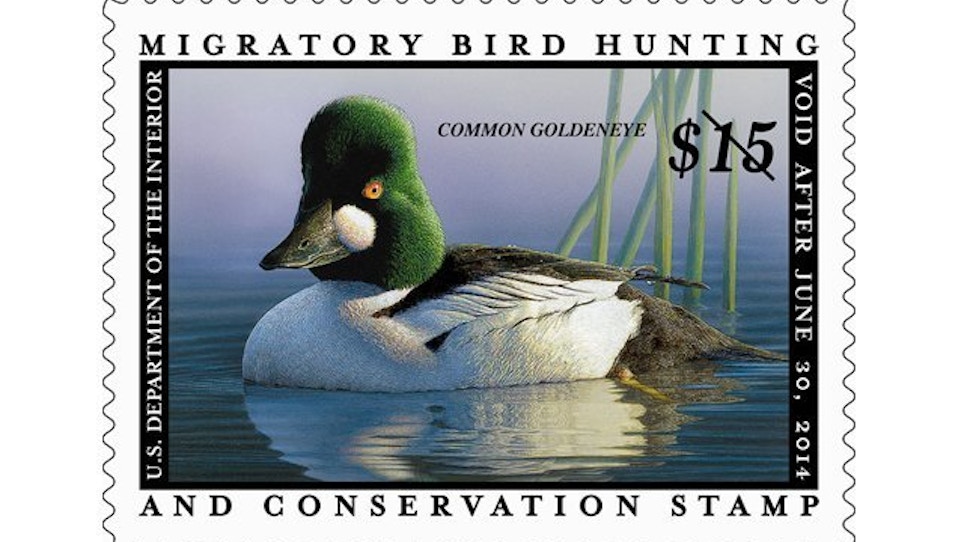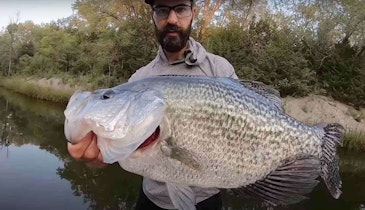WASHINGTON — The Senate Environment and Public Works Committee marked up and reported out several wildlife bills today, including the reauthorization of the North American Wetlands Conservation Act (NAWCA) and a price increase to the federal duck stamp.
"Many areas in the United States are experiencing tremendous droughts," DU CEO Dale Hall said. "The wetlands conserved and restored with NAWCA and duck stamp recharge the underground aquifers that many Americans rely on for drinking water. These are important programs for our country's waters, wetlands and wildlife."
The NAWCA reauthorization bill (S. 741) has 14 bipartisan co-sponsors and is led by EPW Ranking Member David Vitter (LA) and Chair Barbara Boxer (CA). NAWCA is an ideal model of a public-private partnership since it benefits not only hunters and anglers, but all U.S. citizens. It conserves functioning wetlands, thus diminishing floods, preventing soil erosion and improving our water quality. Every federal dollar provided by NAWCA must be matched by at least one dollar from non-federal sources. Because the program is so effective, NAWCA funds are usually tripled or quadrupled. Since its inception, more than 4,500 partners have been involved in more than 2,200 NAWCA projects across North America.
Sen. Mark Begich (AK) is the lead sponsor of S. 1865, which would raise the price of the federal duck stamp to $25. At its current price, the buying power of the federal duck stamp has never been lower over its 79 year history. Since the federal duck stamp's enactment in 1934, the price has only been raised seven times. It has been 23 years since the last increase to bring the price of the stamp to $15, the single longest period without a price increase in the program's history. In the meantime, land values have dramatically increased. In Minnesota, for example, land has increased from an average price of $400 to $1,400 an acre since 1998, an increase of 250 percent. The Congressional Budget Office found that because the federal duck stamp is a user fee, such a price increase would have no net impact on federal spending.
"NAWCA and the federal duck stamp are two programs fiercely supported by sportsmen and women. DU will work to keep up this momentum in order to get these bills to the Senate floor for votes," Hall said.






